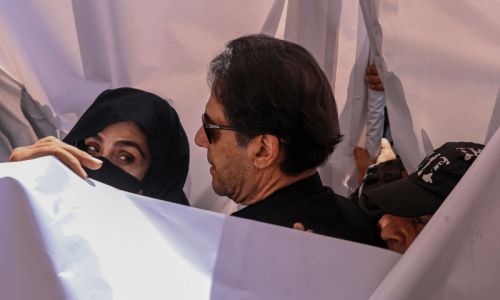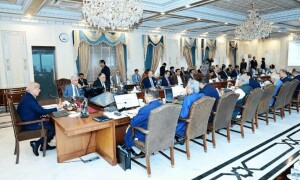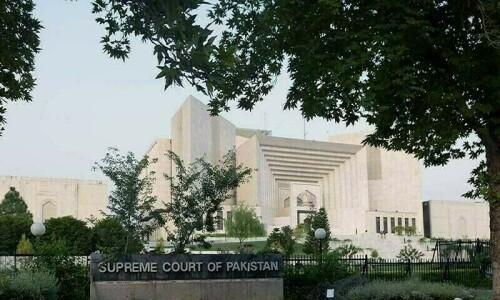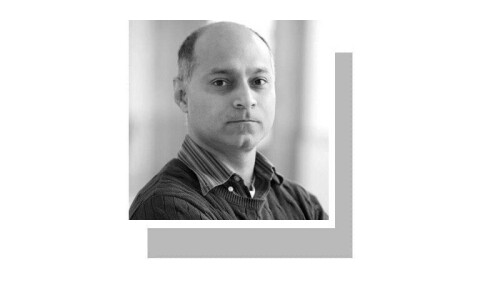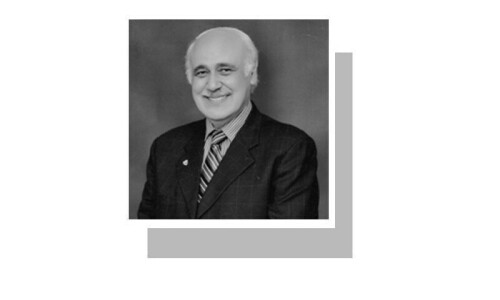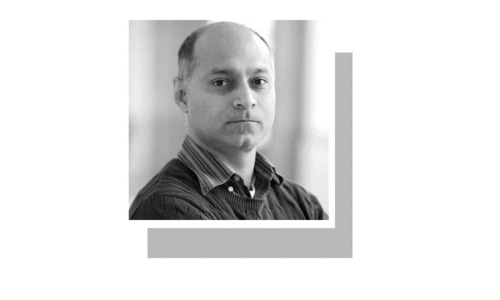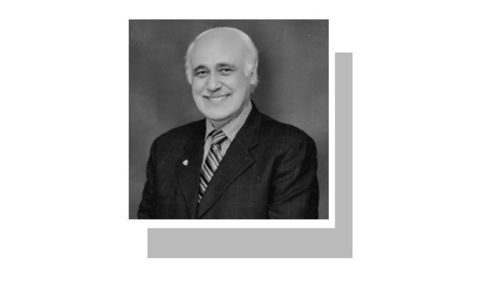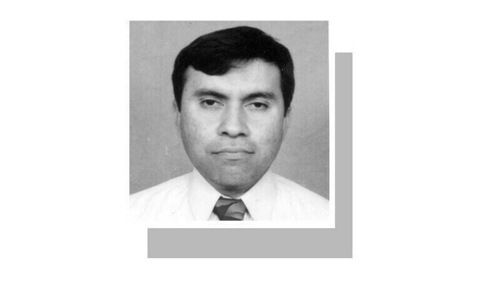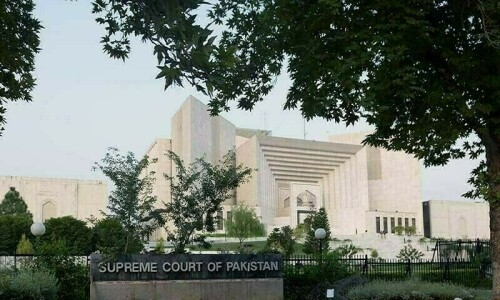
The separation of the church and state in the Christian world was first established by the German monk Martin Luther. His doctrine of the ‘two kingdoms of God’, one of a secular state and one of establishing faith in the hearts of believers through the Gospels, came to be known as the Protestant Reformation. In his book, ‘On Secular Authority’, he advocated the principle of ‘the liberty of conscience’ – which prohibits any human authority from coercing anyone’s spiritual beliefs. He insisted that God requires voluntary belief, and that since coerced belief is always insincere, it must never be allowed.
Though disputed by many, there are also many Muslim scholars around the world who have advocated the separation of religion and state. They argue that the separation of the political power of the Sultans from the religious power of the Emirs was established early on in the Muslim world. Recently, the Grand Imam of Cairo’s Al-Azhar University, Ahmed Al-Tayeb, together with leading Egyptian intellectuals formulated a document outlining the relationship between religion and state. The document supports the establishment of a modern, democratic and constitutional state based upon the separation of powers and guaranteeing equal rights to all citizens. Though he says that the principles of Sharia or Islamic Law should remain the essential source of legislation, Christians and Jews should also have their own tribunals to which they can have recourse.
One of the main reasons why the Ahmadiya have been so violently persecuted lies in their secular understanding of Islam, which they say, does not promote a system that divides the citizens of a country into classes, where Muslims are first class citizens and everyone else is not. This doctrine is perceived as a threat by those who seek to establish an Islamic Khilafat in the world through the use of force. This persecution led our most notable scientist and Nobel laureate, Dr Abdus Salam to leave the country and establish his world-renowned International Centre for Theoretical Physics (ICTP) in Italy.
Today, there are many secular countries in the world with a majority of Muslim populations (though many of them have extremist Islamic factions fighting against the state), such as Turkey, Bangladesh, Kyrgyzstan, Kazakhstan, Uzbekistan, Turkmenistan, Tajikstan, State of Palestine, Syria, Lebanon, Tunisia, Morocco, Egypt, Lebanon, Senegal, Mali, Guinea, Gambia, Chad, Burkina Faso, Albania, Azerbaijan, Bosnia Herzegovina, Kosovo and Northern Cyprus.
Though Pakistan was founded by people who believed in a more enlightened understanding of Islam, they were unable to formulate it properly into legislation before the country was taken over by more extremist elements, therefore this country is still in the midst of this debate. Organisations which had once been against the formation of Pakistan, because they found it too ‘secular’, such as the Jamaat-e-Islami suddenly appeared to become the ‘true representatives’ of the Pakistani Muslims. Reformist scholars of Islam such as Ghulam Ahmed Pervez, a close associate of Allama Iqbal and Muhammad Ali Jinnah, were ridiculed and silenced because of pressure from the Wahabi strain of Islam from Saudi Arabia. The non-Muslim leaders of the Pakistan movement, such as Jogendra Nath Mandal from Bengal (who had been given the ministries of Law, Justice and Work Force by Jinnah) and Sir Victor Turner (the first Finance Secretary of Pakistan) left the country disappointed. The only non-Muslim leader from the Pakistan movement who stayed on to later become Chief Justice of Pakistan was Alvin Robert Cornelius who is buried in the Christian cemetery of Lahore.
Today, we live in a country where every aspect of a person’s political and personal life is judged upon the basis of religion. The space for people who are against extremist forms of religion, as well as against the American Imperialist neo-con agenda is rapidly shrinking. Secularism is looked down upon as a bad word or even a Western conspiracy against Islam, while many people, including organs of the state, look upon the Taliban as brave and uncompromising defenders of the faith against Western democracy.
This state of affairs, which has resulted in an appalling increase in the outward appearance of religiosity, while leaving people devoid of a genuine sense of human morality, leaves me wondering whether Bangladesh today, which was East Pakistan at one time, is closer to the original vision of our founder Quaid-e-Azam Muhammad Ali Jinnah.
Arieb Azhar is a singer songwriter based in Islamabad. He studied Philosophy and Indology from the University of Zagreb in Croatia, where he also used to lead an Irish Celtic World Music band.
Learn more about him here.













